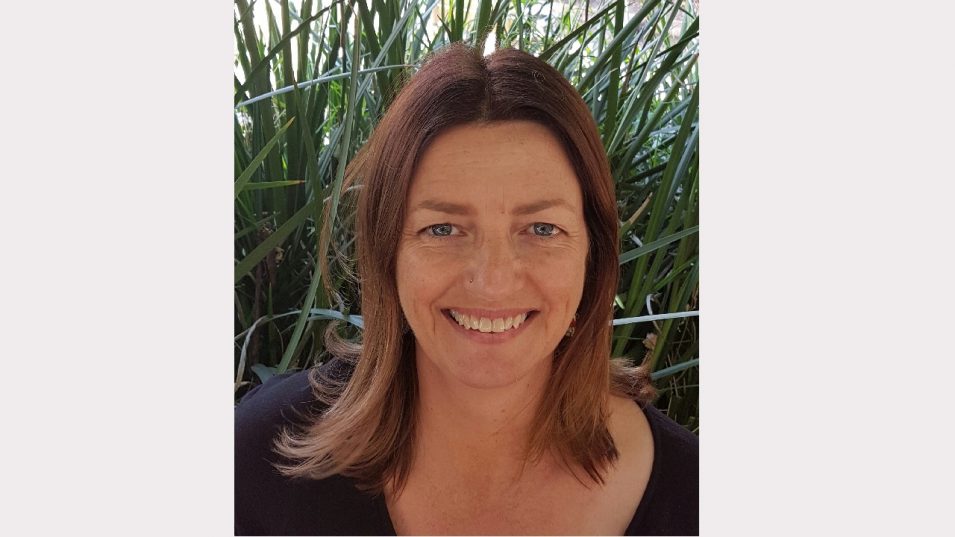
Heather Wiseman interviews Jeanette Lacey for Palliative Care Australia.
“In my experience, about 85 per cent of Intensive Care Unit patients who had chronic and complex health conditions had never considered that they might be terminal in nature. Often it was only when they came to intensive care with an acute exacerbation that they discovered it wasn’t reversible. That’s when many were told for the first time dying was a potential outcome.
“I think in our society we have a death-denying culture of not wanting to talk about death and dying and expecting that medical doctors will fix all health problems. Many people cannot understand that there isn’t a fix-all for death and that we are going to die.
“That is challenging for medical staff in hospitals, who are often working to get people with chronic and complex illnesses well enough to go home. Those people working in the palliative and end-of-life sphere have tools to help recognise when someone might be in their last year of life and getting sicker. I think we need to improve awareness of these tools among other health professionals.”
Go to the Palliative Care Australia website to read more of what Jeanette has to say.
http://palliativecare.org.au/palliative-matters/honest-communication-paramount-for-patients-dying-expected-deaths-in-hospital/
Thinking about planning for yourself or helping a loved one with a palliative care plan?
The Cancer Council’s Advance Care Plan is a great starting place.
If you work in the health services watch this excellent short video, The Blueprint for palliative life and end of care.
For steps to prepare for the end of life go to: Eleven steps to prepare for a good death – in Covid-19 times.
And for an intimate look at an end of life discussions read Sandra Moon’s Crucial Conversations.
